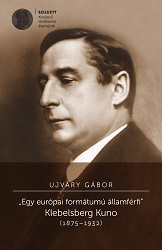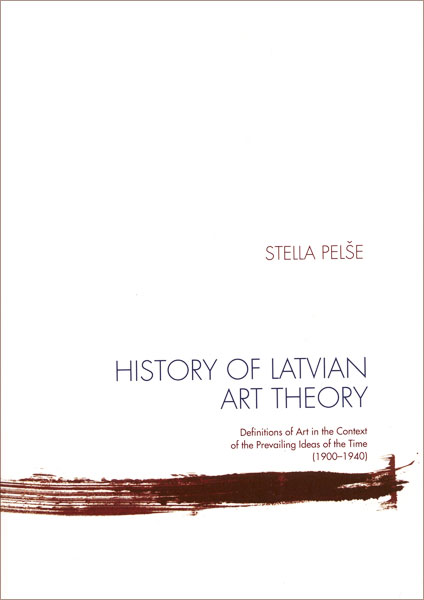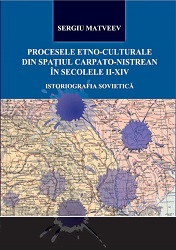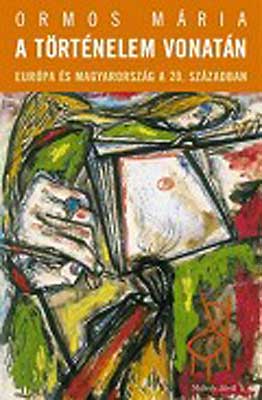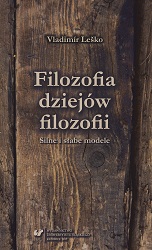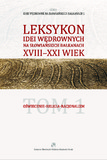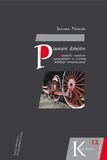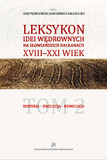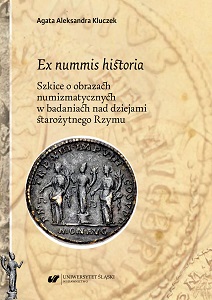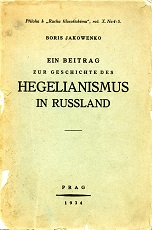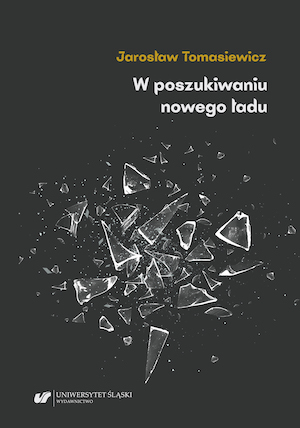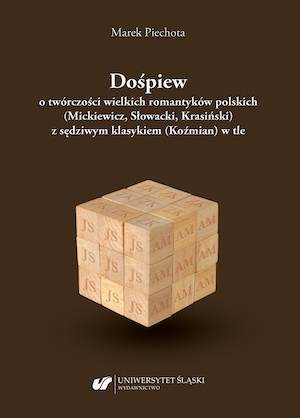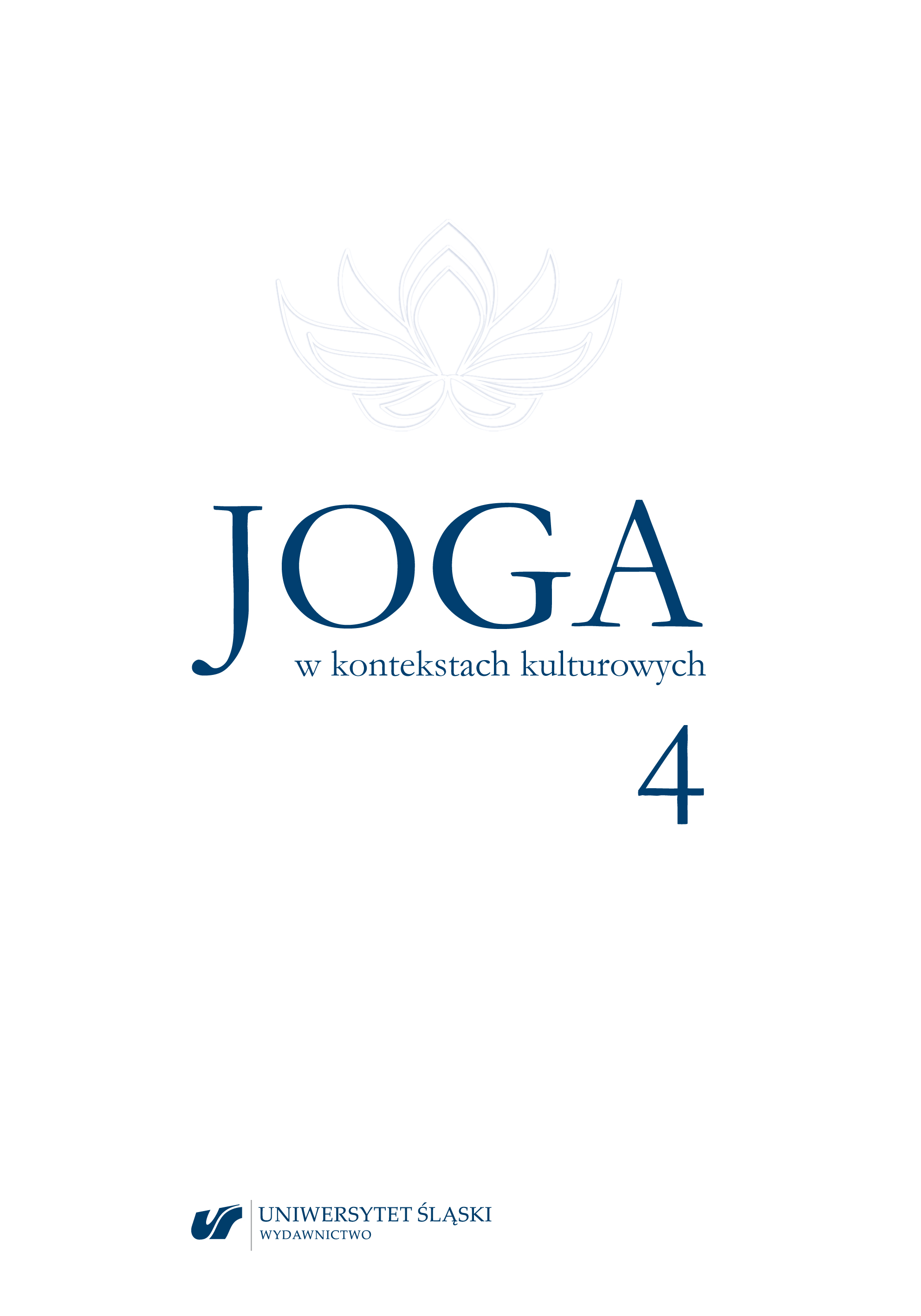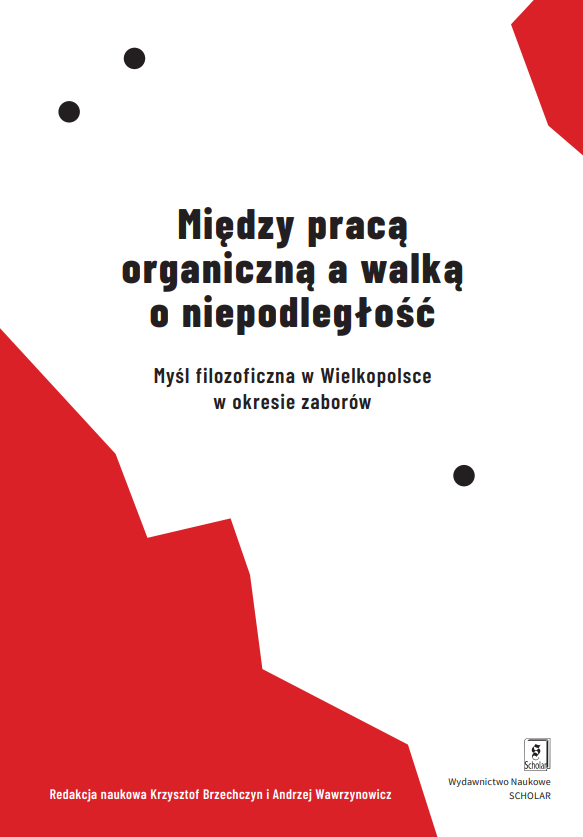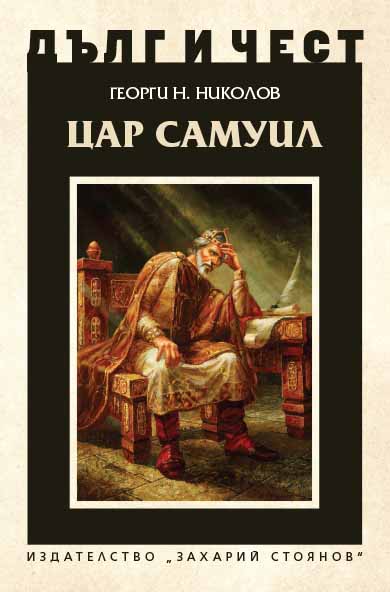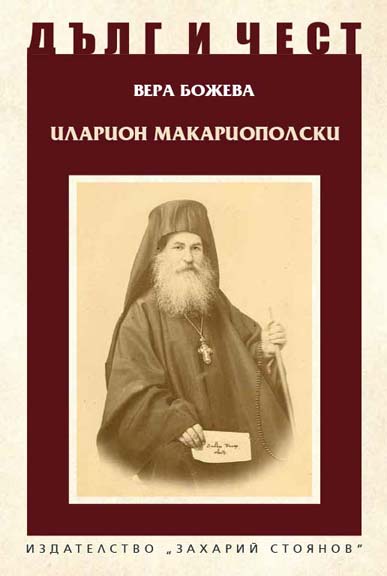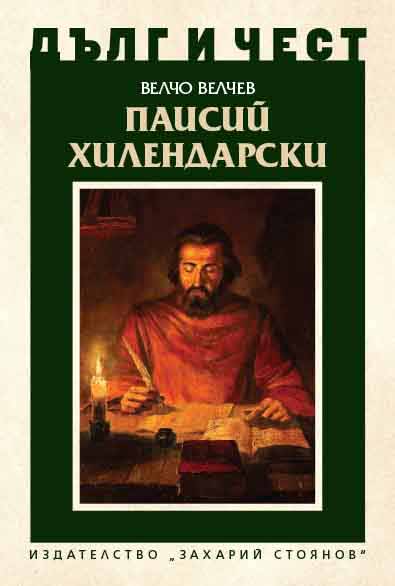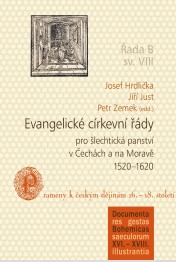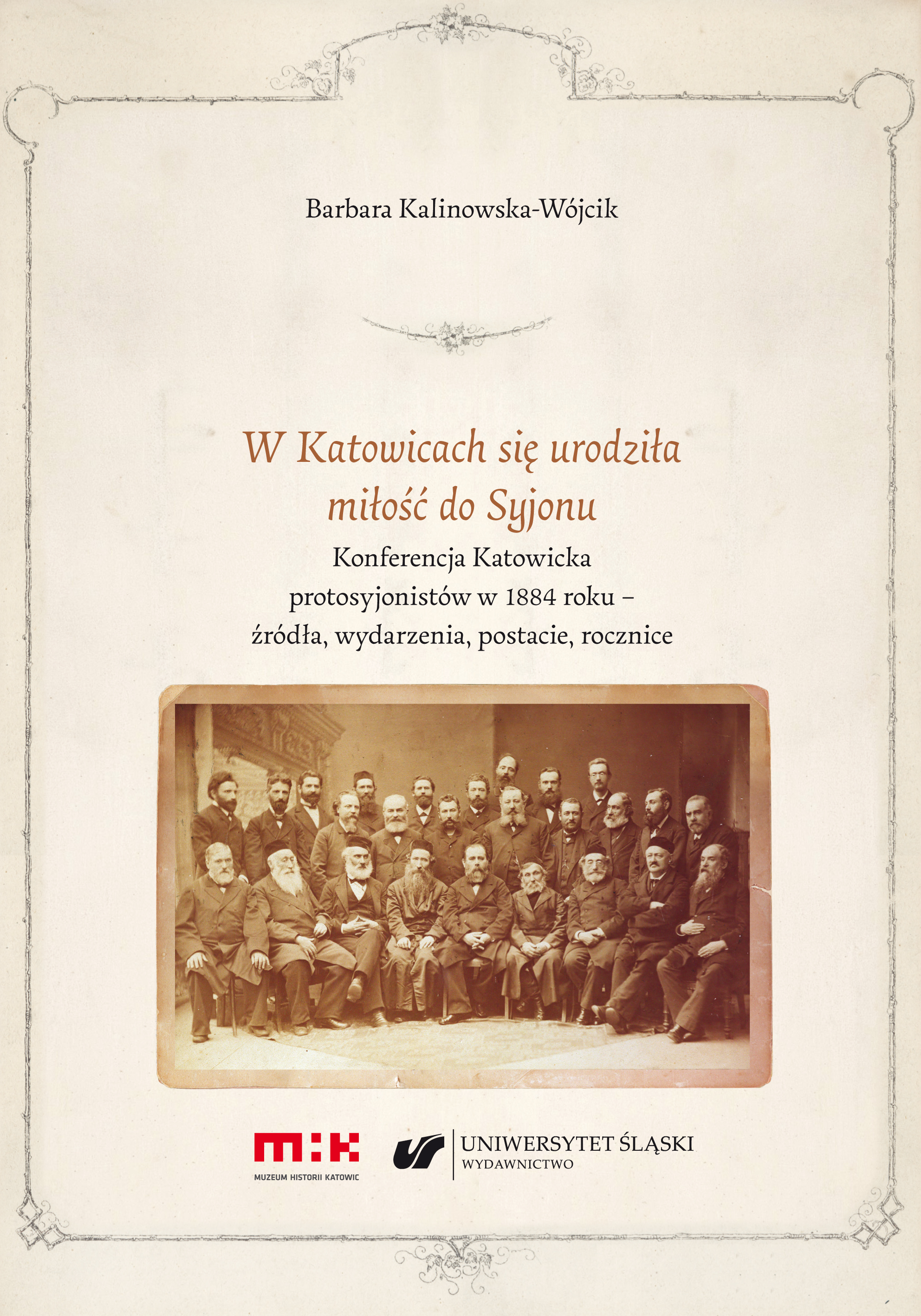Author(s): Vladimír Leško / Language(s): Polish
This work has resulted from a long‑term thinking, about the relation betweenthe history of philosophy and its reflection in more or less systematic and asystematic forms of philosophizing within the most significant philosophical doctrines of the 19th and the 20th centuries. It should be noted that the main theoretical (and other) impulses for the examination of the problems in question primarily came from M. Sobotka’s works. His analysis of modern philosophy, the classical German philosophy, and Hegel’s historical‑philosophical concept in particular, has been the theoretical point of departure. In addition, this book presents research results achieved within the projects Philosophy of the History of Philosophy – basic models and results, VEGA, A, 1/4441/97 and Philosophy of the History of Philosophy – weak models, VEGA, A, 1/9238/02. The theoretical efforts of the research team enabled us to arrive at in‑depth and specific understanding of the individual models of the philosophical reception of the history of philosophy. By implication, I wish to appreciate the theoretical contribution of the other members of the research team, notably Ľ. Belás, S. Hubík, O. Sisáková, P. Tholt a M. Ješič. The main goal of this work is to philosophically introduce the most significant historical‑philosophical concepts of the 19th an the 20th centuries that established the necessary conditions for the strong and weak models ofphilosophy of the history of philosophy in the concepts of Hegel, Schelling, Marx, Nietzsche, Husserl, Heidegger, Fink, Patočka and Gadamer. Some achievements of the philosophy of the history of philosophy are presented as metatheoretical motion within the historical‑philosophical thought, the purpose of which is both the empirical description of the historical‑philosophical process and understanding and accounting for it as an integral part of the most significant philosophical problems.I. Strong modelsThe history of philosophy has been an important philosophical issue ever since the origins of the philosophy of the history of philosophy. It was founded by Georg Wilhelm Friedrich Hegel, a prominent representative of German classical philosophy, in his legendary lectures on the history of philosophy. Hegel’s theoretical model of the relation between the history of philosophy and system‑centered philosophy contains certain characteristic features whichcan be used to identify various models of the philosophy of the history of philosophy. The fundamental distinctive feature for any philosophical conception of the history of philosophy is the principle of the unity of philosophy and the history of philosophy. Hegel emphasizes that the history of philosophy is an indispensable inherent component of any theoretical considerations. This idea has become an indisputable foundation accepted and developed‑critically and with various modifications though – by other great philosophers, including Schelling, Marx, Nietzsche, Husserl, and Heidegger. Hegel’s conception of the history of philosophy as the first strong model of the philosophy of the history of philosophy postulates that it itself is a philosophy; more particularly, that it forms a part of the philosophy of history, whose aim is to demonstrate that reason is also present in the history of philosophy. Therefore, if the history of philosophy is conceived of as the innermost in world history its role in current philosophical activities is crucial. Hegel’s philosophy of the history of philosophy as philosophizing about philosophy became a meta‑theoretical motion within historical‑philosophical thought whose purpose was not to describe the istorical‑philosophical process in an external‑empirical way; rather, it was aimed at comprehending and explaining this process as an integral part of the treatment of the most important philosophical problems. Hegel takes a speculative unity of the abstract and the concrete as his point of departure. Schelling concentrates on the relation between essence and existence. The young Marx focuses his historical‑philosophical effort on the conception of self‑consciousness and freedom. Nietzsche seeks true culture through a Greek cultural phenomenon (tragedy) and stresses that our spiritual traditions – Platonism, metaphysics, morality and Christianity – are the main obstacles to a true understanding of the world and man. For this reason, he prefers the Pre‑Socratic philosophy in which he finds the justification for philosophizing in general. Husserl is attracted by the transcendental impulse in the history of philosophy, and Heidegger critically discusses the Nietzschean motive of re‑consideringthe Pre‑Socratic message in order to radicalize the most complex philosophical question, i.e., what is philosophy (metaphysics)?II. Weak modelsPhilosophical research into strong models of the philosophy of the history of philosophy indicates in a compelling way that both Hegel’s and Heidegger’s models have been the dominant doctrines determining the basic method of establishing a philosophical link to the history of philosophy. In a sense, they represent extreme opposing philosophical approaches to the historical‑philosophical heritage and to the current forms of philosophizing. Hegel’sphilosophical conception of history is built on the principle of development – progress from the ancient times to the present. In general, his philosophy is conceived of as the culmination of the whole historical evolution. Heidegger takes the opposite position. Thought, itself of historical nature and determining world history, does not grow from the present. It is older than what is simply the past. It has been borne towards us in its most ancient ideas, butwe are unable to discover any trace of it because we believe reality to be what mainly pertains to us in our being. Consequently, Heidegger insists on our return to the period of the Pre‑Socratic philosophy of Parmenides and Heraclitus when asking the original philosophical question about being because it was they who preserved the harmony with logos. The subsequent development of the philosophical conception of the history of philosophy is connected with the names of the most significant followers of Husserl’s and Heidegger’s philosophies, including Eugen Fink, Jan Patočka and Hans‑Georg Gadamer. Gadamer put it clearly when he said that Fink, Patočka and he himself all tried to avoid repeating the ideas oftheir teachers. Instead they sought out ways of developing these ideas further.An important point of departure for each of these critical followers of Husserl and Heidegger became the issue of the philosophy of the history of philosophy in the form of weak models. The struggle for a new approach to philosophy was inconceivable without a new original conception of the historical‑philosophical heritage. In addition, it was time to bring to an endthe era of strong models of the philosophy of the history of philosophy, and to start developing weak models. From this point of view, the philosophical message of Fink, Patočka and Gadamer is unique historical‑philosophical material; it is the most valuable of what is offered to us by the philosophical investigation of the second half of the twentieth century.
More...
